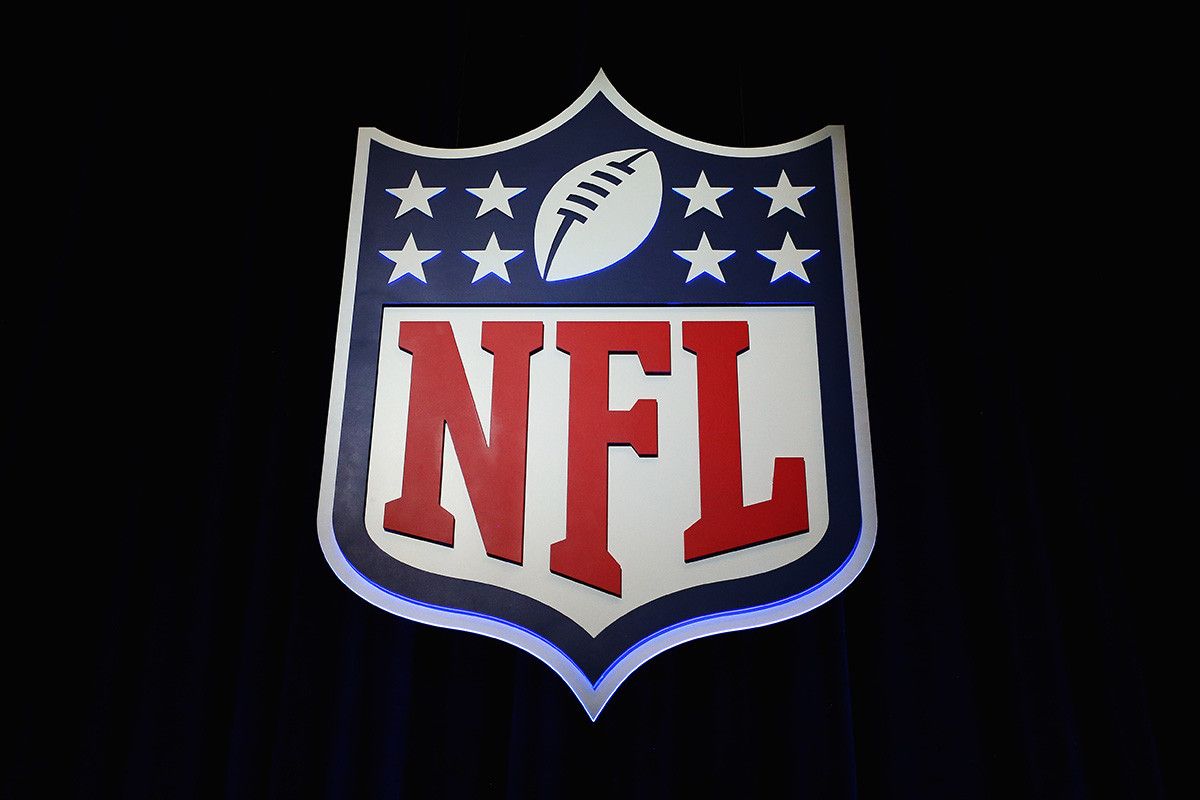For some reason- and we aren’t sure why- many recreational sports gamblers don’t pay much attention to the NFL bye week. That is in some way surprising since most teams use the extra time off to rest and prepare for their opponents. More rest and prep time can only help, after all. Prior to 1990, all NFL teams played 16 consecutive games. In an attempt to reduce injuries, the NFL decided that all teams would have a bye week during the season, and in an effort to make them fair, they would be randomly assigned throughout the middle of the season.
At first, the bye week complicated things for many sports gamblers, but in 2004, the league made changes so that it would fall between weeks 4 and 10, which has provided professional sports gamblers with an opportunity to take advantage of. When it comes to wagering, most casual fans would assume that a team coming off their bye week and playing at home will have a big advantage over their opponents. However, as it turns out, they barely do and since 2010, home teams coming off a bye week are only 152-149-4 against the spread, which is basically straight up even. Plus, the total points scored favors those that picked the under, with a 159-142-4 record.
When you think about it conversely, the road teams have done very well during this and have accumulated a 127-103-5 overall record. The total points scored this time around is about dead even, with 118 games going under, 115 going over, and 2 ending in a push. Another statistic to consider is if the team coming off a bye week won or lost their prior game. Teams that suffered a loss in their last game before the bye week have gone 127-114-4 against the spread, while teams that won their previous game have gone 152-138-5 against the spread.
The one thing that has remained constant over the years is the fact that the favorites coming off a bye week have been very successful. Since 2000, they have gone 171-135-4 against the spread, giving them a 56% winning percentage. Favorites are favorites for a reason, after all. Underdogs coming off a bye week haven’t fared as well, and they have a record of 104-113-5, which is a 48% winning percentage, so you should always bet on the favorites coming off a bye as they have the better chance of winning.
In more recent years, the winning percentage of teams coming off their bye week, against teams that played the previous week, the rested teams went 61-44-5 against the spread, and they were 65-54-1 straight up. During that span, teams that were coming off a bye week, and were favorites to win, had a 48-12 record straight up, and went 36-20-4 against the spread. On the other hand, underdogs went 17-32-1 straight up, and 25-24-1 against the spread.
We broke these statistics down more and got some interesting results. Home favorites during the stretch were 31-11 straight up, and 21-19-2 against the spread. Road favorites were 17-1 straight up and 15-1-2 against the spread. The home underdogs were 9-8-1 straight up and 11-6-1 against the spread. The road underdogs fared even worse, with an 8-24 record straight up, and a 14-18 record against the spread.
Looking at these numbers and taking everything into account, it is apparent that the road favorites are the best bet when you are betting on teams after their bye week. They cover the spread almost 70 percent of the time, and that can not be ignored. There is a saying that the better a team is, the more they benefit from a bye week, and we can see why with numbers like these. By looking at how well the favorites have played against their opponents after both teams had a bye week. Using the stats from 2013-2017, the favorites coming off their bye week have a 56-13 straight up, and 43-22-4 against the spread. The home favorites have a 37-11 record straight up, and a 26-20-2 record against the spread. The road favorites have been even more impressive, with a 19-2 record straight up, and a 17-2-2 record against the spread.
It is very important to remember, this is just small sample size. The one thing you should always remember about betting trends is the fact that they are always changing, which means that this betting trend will eventually end, morph, or just cool off, so you should be ready to adapt when it does. When using betting strategies such as this, it is good to track your progress going forward so you can see in real time if the trend is sustaining itself. Use it while it works, adapt and change it up when it doesn’t. Every team has a bye week, and they are as important to gamblers as they are to players.
